Schreiber
Revue de presse hebdo, 24 mars
Italie
Une influente association italienne, réunissant chercheurs et universitaires, accuse Dante d’être antisémite, homophobe et islamophobe. L'affaire prêterait à rire si cette association, "Gherush92", n'avait pas le statut de consultant auprès du Conseil Economique et Social des Nations Unies et ne demandait pas le retrait de la Divine Comédie des programmes scolaires — Dante condamné à l'enfer pour antisémitisme et islamophobie (Ariel Dumont, MyEurop)
Maroc
La question de la liberté de conscience a été tranchée dans le cadre la dernière réforme de la Constitution, a fait savoir, vendredi à Casablanca, Mustapha El Khalfi, ministre de la Communication, porte parole du gouvernement — Révision constitutionnelle : «Plaidoyer pour la liberté de conscience au Maroc» (Le Matin.ma)
Revue de presse hebdo, 17 mars
Maghreb
Amina Al Filali, 16 ans, a été obligée par la loi d’épouser celui qui l'avait violée. La jeune fille s'est suicidée, déclenchant une réflexion dans le pays sur la protection des femmes. Dans de nombreuses familles où le poids de la tradition et de la religion est très fort, la perte de la virginité hors du mariage est considérée comme un déshonneur pour la famille — Le Maroc choqué après le suicide d'une jeune fille violée (Caroline Bruneau, Le Figaro)
La religion en Constitutions — Une opinion de Loïc Le Pape sur "The politics of religion/Les politiques du religieux" (Hypothèses.org)
Halal et cachrout : l’économie du religieux
La crise économique et financière que nous connaissons a été l’occasion, en Grèce et en Italie notamment, d’ouvrir le débat sur les privilèges fiscaux dont bénéficient certaines Eglises, afin que celles-ci participent elles aussi aux efforts collectifs pour assurer la résorption des déficits publics. Ce débat a été le révélateur de deux enjeux fondamentaux : d’une part, l’important patrimoine constitué par certaines Eglises historiques, dans nombre de pays de l’Union européenne, là où les biens ecclésiastiques n’avaient pas été nationalisés sous les régimes communistes ; d’autre part, le fait que l’économie du religieux constitue depuis quelques années un élément de plus en plus pris en compte dans les études relatives au fait religieux, aux relations Eglises/Etat et à la laïcité.
Italian Church and State Ambiguities Challenged by the Debt Crisis. The ICI/IMU Affair
Over the last years Italians have started realizing they have to pay out of their pockets for the unsustainable weight of their sick public economy, while simultaneously growing eager on asking ‘their Church,’ the Roman Catholic Church, to share the burden. The ‘ICI’ affair exposed the discontent of an upset public opinion urging the Church to stop benefiting from ingenious tax exemptions. The new government led by Mario Monti has begun shaping fairer regulations. Will he truly succeed or will the change be purely cosmetic? And will the ‘ICI’ case awake Italians, Catholics and non-Catholics alike, to the need for healthier attitudes in Italian politics and law towards the Catholic Church?
Revue de presse hebdo, 10 mars
ONU
Le Rapporteur spécial de l'ONU sur la liberté du culte, Heiner Bielefeldt, a déclaré mardi que « les religions officielles d'Etats ne devraient jamais être instrumentalisées dans le cadre d'une politique identitaire nationale — Un expert de l'ONU avertit contre l'instrumentalisation des religions d'Etat (Centre d’actualités de l’ONU)
Espagne
« Decir que el aborto es violencia estructural suena mejor que hablar de moral cristiana o patriarcado » — Violencia estructural (Pilar Rahola, La Vanguardia)
Le débat autour de la réaffectation des églises
En Wallonie, la question de la réaffectation des églises est actuellement débattue au Parlement, à l’initiative de deux députés socialistes. Ceux-ci ont déposé une proposition visant à réaliser un cadastre des biens classés affectés à l’exercice d’un culte, première étape vers une désacralisation et une réaffectation de certains d’entre eux. Cette désacralisation est considérée comme nécessaire vu l’importance du coût de l’entretien d’édifices dont la fréquentation ne cesse de baisser. La chef du groupe PS Isabelle Simonis et le député Daniel Senesael ont déposé une proposition de décret « en vue de réaliser un cadastre des monuments classés affectés à l'exercice d'un culte ». Selon la députée, le projet est justifié par le coût élevé des travaux réalisés sur ces édifices : pour l'année 2012, sur un budget de restauration du patrimoine classé de 38 millions d'euro, 5 millions seraient exclusivement consacrés à la restauration des édifices classés ouverts au culte.
Revue de presse hebdo, 3 mars
Inde
Le vote des musulmans va-t-il décider de l'avenir politique de l'Uttar Pradesh, l'Etat le plus peuplé de l'Inde ? Le rôle de la minorité religieuse dans le processus électoral est au cœur des analyses — Les musulmans très courtisés (Naïké Desquesnes, Le Courrier international)
En ce 27 février 2012, l’Inde célèbre un sombre anniversaire. Il y a 10 ans, au Gujarat, bastion des nationalistes hindous, l’incendie d’un train déclenchait l’un des pogroms les plus violents de l’histoire du pays. Plus de 2000 musulmans ont trouvé la mort dans ces émeutes — 10 ans après le massacre des musulmans au Gujarat (Camille Dubruelh, Le Monde des Religions)One nation under God? Religion and politics in 2012 America
The prominent place of religion and of religious references in American public discourse is one of the most salient differences between the US and Europe. From elected officials taking the oath of office on the Bible, “In God We Trust” on coins and bills, “God Bless America” at the end of every speech and candidates speaking candidly about their beliefs, religion is seemingly everywhere.
This impression is strengthened when one looks at the numbers. Indeed, according to the Pew Research Center, 50% of Americans consider religion to be very important in their life while only 21% of Germans and 13% of French people feel the same way. And 55% of Americans attend weekly services. However, if one takes a less western-centric perspective, Europe is the secular exception in a world that remains religious to a large extent.
The Early Methodist Revival from a Discourse Perspective
In a number of twentieth-century critiques of Methodism (and notably in E.P. Thompson’s Making of the English Working Class), John Wesley’s discourse has been represented as an instrument in the conversion of the factory proletariat to the industrial work ethic, symptomatic of an emerging ideological paradigm heavily conditioned by the demands of increasing industrialization. While the data adopted as evidence by the critics are authentic, an analysis of the discourse in context reveals that not only have the instances of Methodist discourse been selected and combined to tie in with a particular reading of reality – religion as the opiate of the people – but also that the value judgment fostered by this partial representation has been applied indiscriminately to Methodism as a whole, with blatant disregard for the positive transforming power it exerted both on individuals and on society.
Critical Theolinguistics vs. the Literalist Paradigm
Even though “religion as the opiate of the people” is one of the oft-quoted (albeit occasionally misunderstood) tenets of Marxist criticism, nowhere in the 1,800 or so pages of Michael Toolan’s Critical Discourse Analysis (2002) can one find a study denouncing a use of religious discourse seeking “to shape people's perceptions, cognitions and preferences in such a way that they accept the existing order of things, [...] because they are made to value it as divinely ordained and beneficial.” (S. Lukes: Power: A Radical View, 1974). Theolinguistics is, then, called upon to fulfill a new critical mandate today, as the very status of religious language, i.e. the manner in which it is to be read, received, understood and believed has become an issue in a number of debates which have over the last few years captured much public attention and polarized opinion, opening a new battlefield in the culture war. Biblical, theological, literary and linguistic scholarship have offered insightful and well-informed answers to most problems of religious language; but even so, religious discourse (mainly, but not exclusively Christian) has remained a problematic and controversial topic. One reason for this seems to be that no theory of religious language, no matter how open-ended, can accommodate the full variety of religious temperaments.





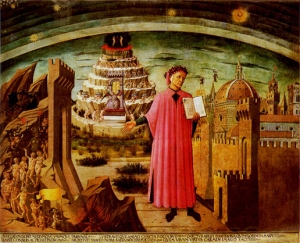
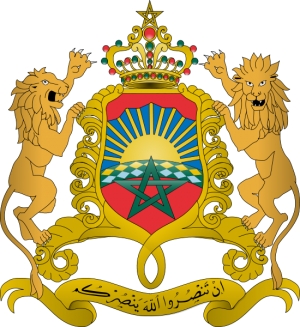
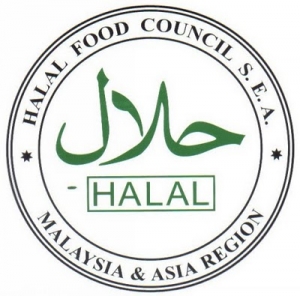
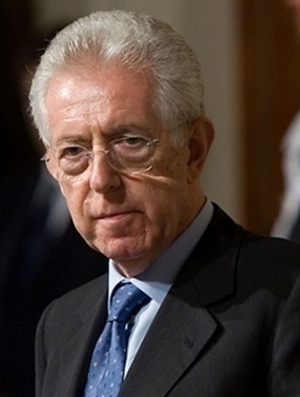
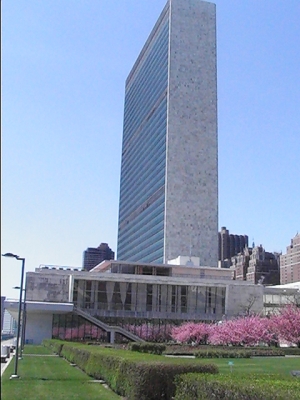
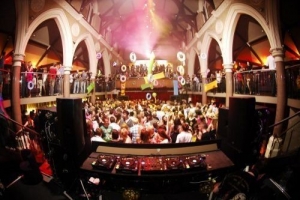
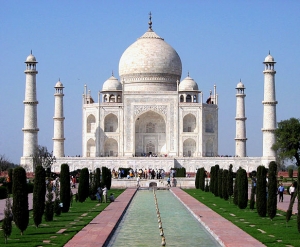
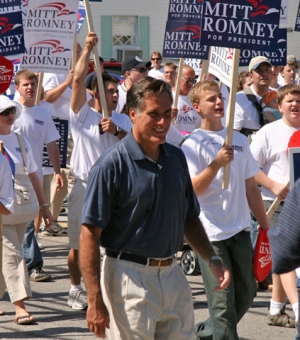
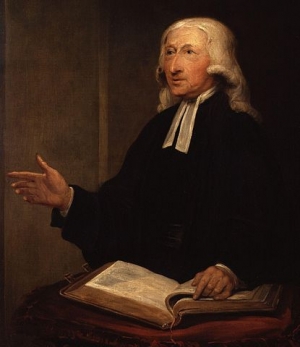
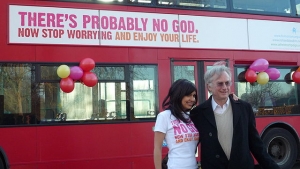
 MangoGem
MangoGem